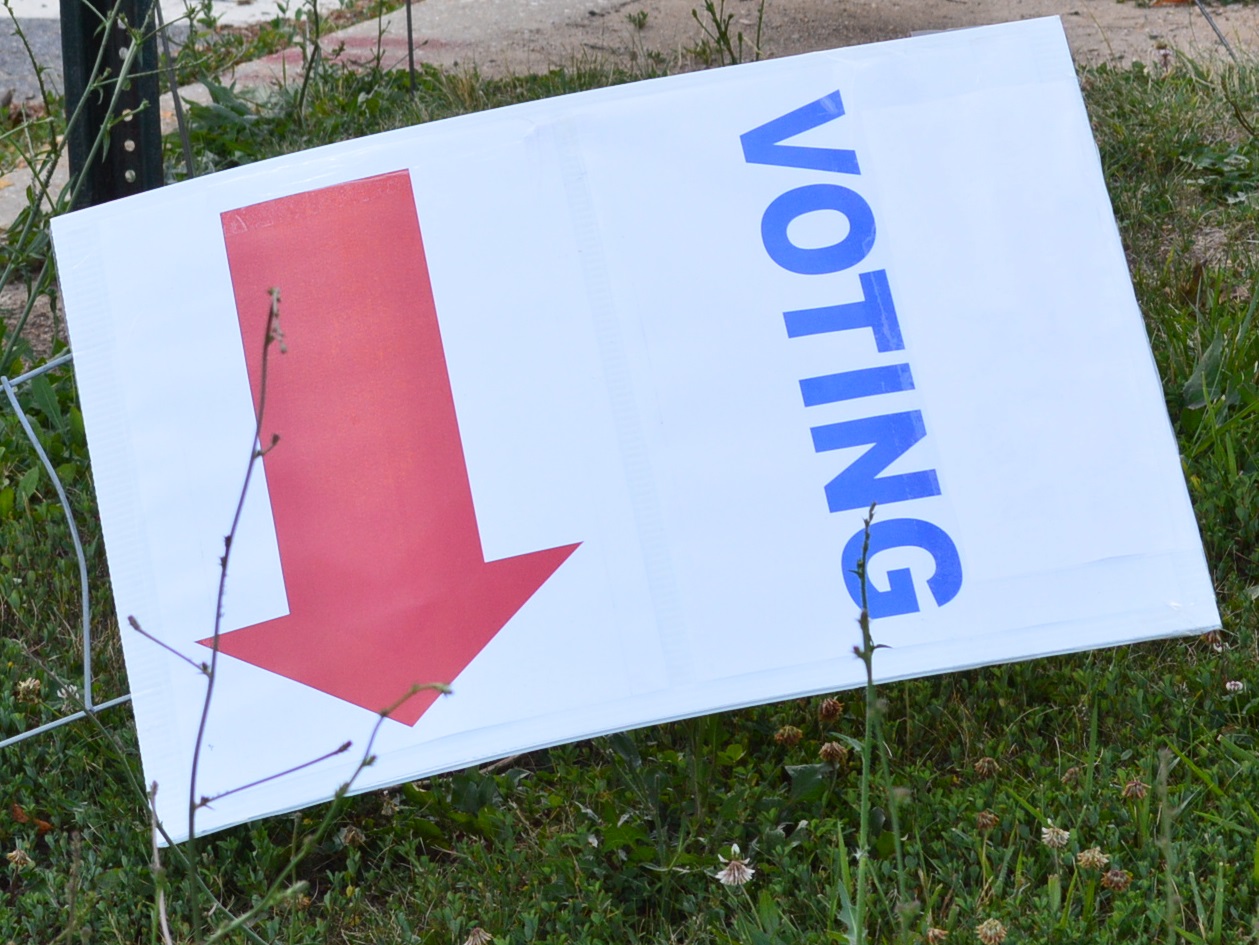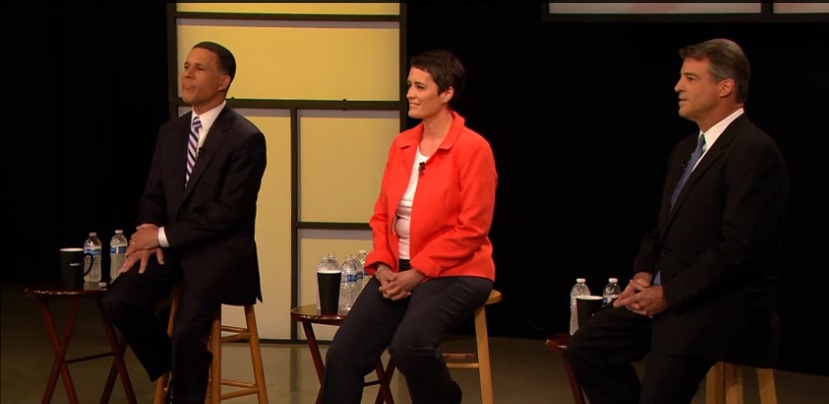By Daniel Menefee
Dan@MarylandReporter.com
A judicial pension bill came down to the wire Monday night and passed the General Assembly just minutes before the official end of the 2012 legislative session. Judges will now pay 8% of their salaries, up from 6%.
Lawmakers in the Senate rejected a House amendment that would repeal a statute that triggers automatic pay hikes for judges every four years — when the legislature fails to revise salary recommendations from the Maryland Judicial Compensation Commission.
Sen. Ed Kasemeyer, D-Howard, chair of the Senate Budget and Taxation Committee, opposed the amendment.
“We think it is a bad thing. We want to keep it the way it is,” Kasemeyer said Monday morning. “You could just never agree with the other house just to [purposely] do the judges in. The current way forces you to come to an agreement.”
The House was pressured on March 12 to pass a Senate bill that increased judges’ salaries up to $14,500 over three years — or risk missing a March 15 deadline that would automatically trigger raises as high as $29,000.
The Judicial Compensation Commission submits salary recommendations to the legislature every four years. The salary increases become automatic if lawmakers fail to modify or reject the increases within 50 days of the commission’s recommendations.
The amendment would have required future salary recommendations from the commission “behave like any other bill,” said Del. Melony Griffith, D-Prince George’s, chair of the Special Joint Committee on Pensions on March 24.
Griffith’s amendment would have frozen salaries at current levels if the legislature failed to vote on the commission’s recommendations.
Pension contributions up from 6% to 8%
The Senate bill requires both new and current judges to contribute 8% of their salary towards retirement, up from 6%. The House version required only new judges hired after July 1 to pay the 8% pension contribution. The Senate bill also establishes a five-year vesting period for new judges; current judges have no vesting period.
There was considerable pressure to bring the pension contributions up to parity with other state employees who saw a hike in contributions from 5% to 7% last year.







Recent Comments